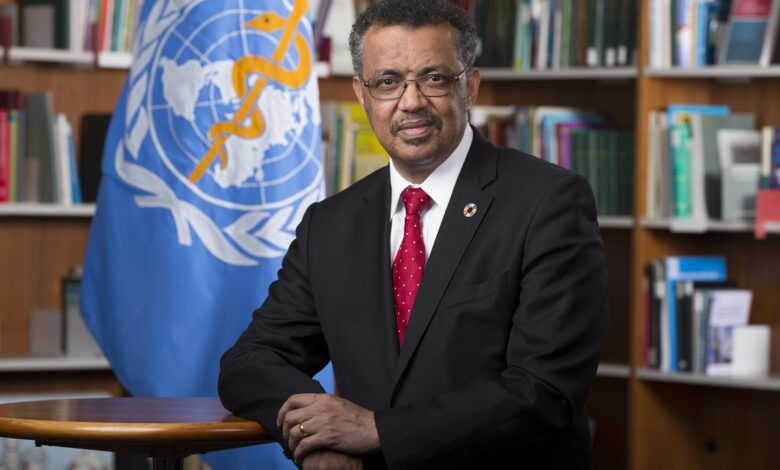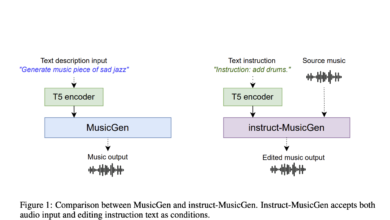opportunities, risks, and governance – 30 May 2024

Honourable Minister Omar Sultan Al Olama,
Professor Effy Vayena,
Assistant Administrator Dr Atul Gawande,
Marco Marsella,
Karen De Salvo,
Professor Mathias Goyen,
Our Moderator, Dr Magdalena Skipper,
Excellencies, dear colleagues,
A warm welcome to our panellists. Thank you for joining us today.
A special thank you to the Honourable Omar Sultan Al Olama, the UAE’s Minister of State for Artificial Intelligence, Digital Economy and Remote Work Applications.
Some say that AI will unlock a fourth industrial revolution.
Others warn that AI presents grave risks.
Everybody seems to agree that AI will change the way we live and work, with major consequences for health and health systems.
AI holds the promise to improve public health and patient care in many areas, from accelerating research, to improving disease surveillance, to predicting strokes and other clinical crises.
While AI is a tool with enormous potential, what matters is how we use it.
Good governance, based on ethical principles, clear policy and regulatory oversight is necessary to ensure safety and equity, while also not hindering innovation.
We must also ensure that the use of AI and other new technologies helps to narrow inequities in access to health services, rather than widen them.
For all these reasons, WHO has made digital health and AI a strategic priority. Our guidance on the Ethics, Regulation and Governance of AI are among our most accessed publications.
WHO is engaging with AI in a range of areas, including tuberculosis screening and triage; using chatbots for health promotion; and accelerating our work on normative guidance, while preserving quality and integrity.
Last year, WHO, the International Telecommunications Union and the World Intellectual Property Organization launched the Global Initiative on AI for Health.
The initiative will strengthen our collective ability to develop and use AI responsibly, equitably, collaboratively, and based on science.
From the discovery of vaccines to penicillin, MRI machines, cochlear implants and the mapping of the human genome, technology and innovation have always been a driving force in improvements in health.
WHO is committed to supporting all Member States to harness the power of AI, and manage its risks, as we work together to promote, provide and protect the health of the world’s people.
I thank you.



